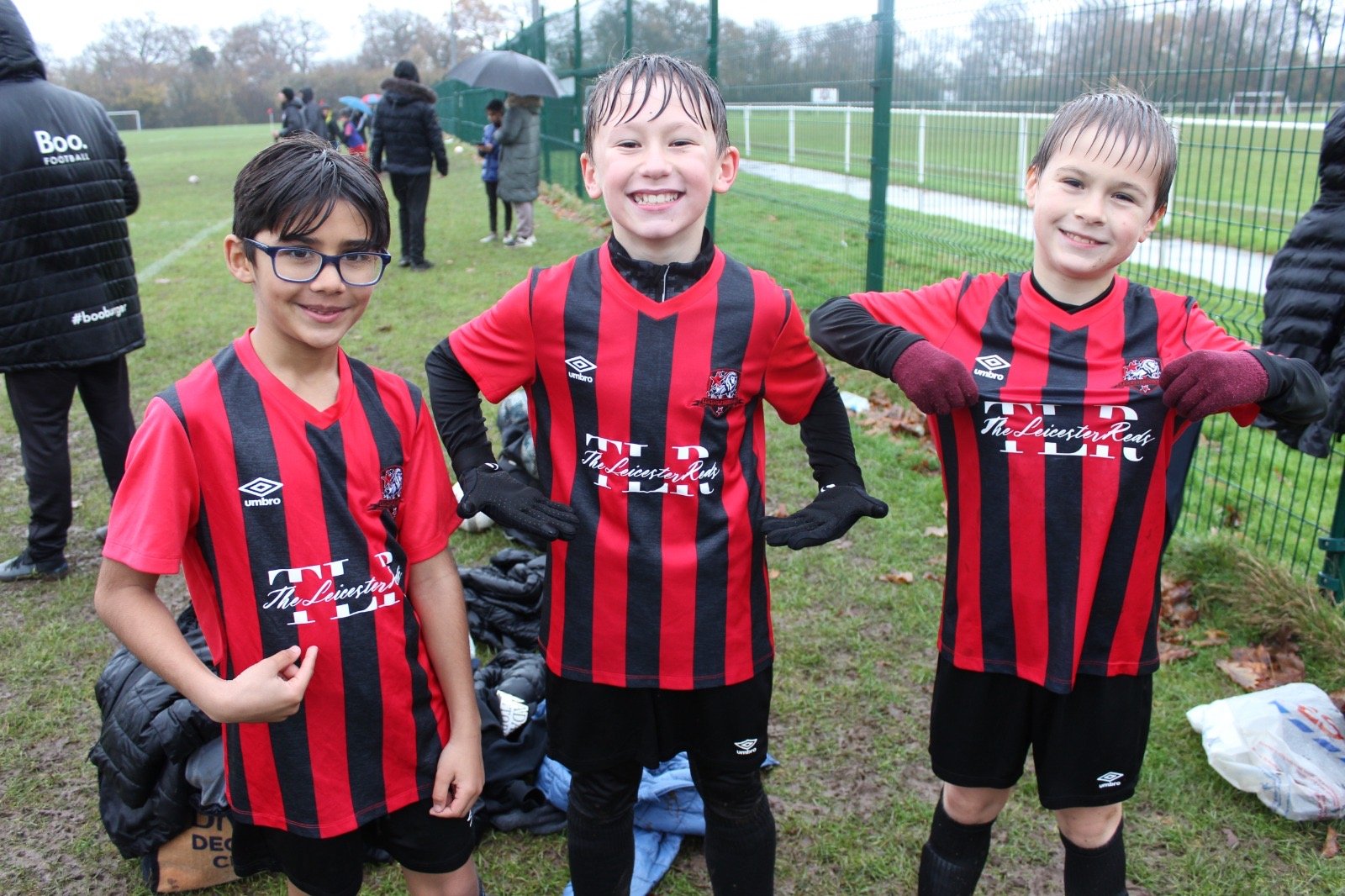What is sustainability at a Grassroots Level?
Empowering Our Community Through Holistic Support
The landscape of grassroots football has been significantly affected by various challenges, including recent weather disruptions evidenced by the postponement of the recent Merseyside derby. While the climate focus shifts back to football, it is crucial to engage in the conversations surrounding sustainability — a concept that is not just about maintaining environmental standards but also about creating resilient communities.
At its core, sustainability implies an ability to maintain certain rates or levels over time. Presently, many clubs face the daunting task of collaborating with local authorities to keep football pitches in playable condition. Unfortunately, this has become increasingly difficult due to the unpredictable weather patterns we’ve been experiencing and the financial constraints impacting local government budgets. The consequences of these challenges can be quite serious, often leading to game cancellations, reduced training sessions, and a general decline in participation.
In contrast, as more children eagerly sign up to play football, the wear and tear on the pitches continues to challenge the capacity of grassroots clubs. This situation isn’t merely an issue of maintaining physical pitches; it reflects broader societal challenges stemming from the pandemic’s aftermath, the ongoing cost of living crisis, and the profound effects of climate change that can lead to more extreme weather events. At the same time, dwindling local authority budgets mean fewer resources for maintaining these critical facilities. Tackling these topics in isolation is futile, a collective effort addressing these multifaceted challenges is paramount to creating effective solutions.
Collaboration among clubs, local authorities, and community stakeholders is essential to developing innovative strategies that promote long-term sustainability, ensuring that our pitches remain accessible and well-maintained for all current and future players.
When examining the viability of grassroots clubs, it is vital that we shift the focus from merely maintaining operations to broader concepts of sustainability that include global environmental responsibility. This is where Leicester Nirvana stands out as a shining example of a holistic approach in action. We believe in serving our members more than just providing a place to play football; we are dedicated to addressing the comprehensive needs of our community.
An important framework to consider in this discourse is the United Nations Sustainable Development Goals (SDGs). These goals emphasise a public health approach toward resolving climate change while also considering the socio-economic context of various communities. In grassroots football, the problems linked to insufficient pitch quality stem from much more than just adverse weather. Local clubs, often structured as community organisations or registered charities, face chronic challenges in balancing their budgets, operating on razor-thin margins that leave little room for unforeseen expenses.
By supporting our members holistically, we empower them to navigate the various challenges they face in life beyond the football pitch. This involves understanding and addressing the socio-economic issues that directly affect their ability to participate meaningfully in sports and community activities. We recognise that many of our members may be grappling with job insecurity, mental health challenges, family pressures, and financial strains. These issues can greatly influence their engagement with grassroots football.
At Leicester Nirvana, sustainability signifies much more than maintaining the physical health of our football pitches; it embodies our commitment to embedding a comprehensive framework of resilience and empowerment throughout our community. We are redefining the grassroots football club model by championing holistic well-being, which translates into greater participation in sports and a positive impact on life overall.
Central to our sustainability efforts is our alignment with the United Nations Sustainable Development Goals (SDGs). These globally recognised goals serve as a guiding framework, helping us to create impactful initiatives that resonate within our community. We actively work towards educating young people and families about sustainable practices, empowering them to make informed choices that contribute to a healthier planet. We support campaigns that focus on environmental sustainability, encouraging participants to integrate eco-friendly approaches into their everyday lives.
An essential part of our commitment to sustainability is our "Football for Free" bursary program. This initiative aims to break down financial barriers that prevent young people from participating in football. Through this program, we ensure that every child, regardless of their financial situation, has the opportunity to enjoy the beautiful game. This inclusivity not only promotes physical health but also nurtures social connections, teamwork, and community spirit, which are vital components of sustainable living.
In collaboration with De Montfort University, we are excited to deliver various initiatives centred around the SDGs. This partnership allows us to leverage academic expertise. By providing a platform for knowledge exchange and collaboration, we create a richer learning environment for participants who aspire to understand the broader implications of sustainability within their lives and local environment. This partnership not only creates awareness but also inspires action, driving the next generation toward becoming proactive contributors to societal change.
We support and encourage young people to acquire accredited football qualifications and offer mentoring support. Our focus is on developing the next generation of coaches and community leaders who are equipped with the skills to make a positive impact within their communities. By providing young people with training opportunities and mentoring, we are investing in their futures and creating an environment where they can thrive and contribute to grassroots initiatives and sustainability.
‘We are Nirvana, more than just football.’



